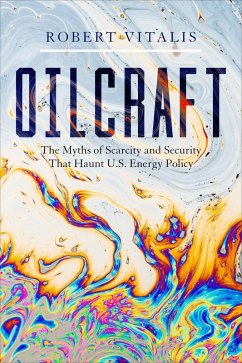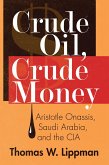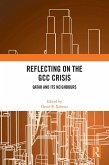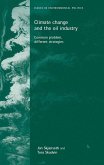"A valuable addition to the new wave of critical studies on the history of oil and energy policy"-and a bracing corrective to longstanding myths (James M. Gustafson, Diplomatic History). Conventional wisdom tells us that the US military presence in the Persian Gulf is what guarantees American access to oil; that the "special" relationship with Saudi Arabia is necessary to stabilize an otherwise volatile market; and that these assumptions in turn provide Washington enormous leverage over Europe and Asia. But the conventional wisdom is wrong. Robert Vitalis debunks the myths of "oilcraft", a line of magical thinking closer to witchcraft than statecraft. Oil is a commodity like any other: bought, sold, and subject to market forces. Vitalis exposes the suspect fears of oil scarcity and investigates the geopolitical impact of these false beliefs. In particular, Vitalis shows how we can reconsider the question of the US-Saudi special relationship, which confuses and traps many into unnecessarily accepting what they imagine is a devil's bargain. Freeing ourselves from the spell of oilcraft won't be easy, but the benefits make it essential.
Dieser Download kann aus rechtlichen Gründen nur mit Rechnungsadresse in A, B, BG, CY, CZ, D, DK, EW, E, FIN, F, GR, HR, H, IRL, I, LT, L, LR, M, NL, PL, P, R, S, SLO, SK ausgeliefert werden.
Hinweis: Dieser Artikel kann nur an eine deutsche Lieferadresse ausgeliefert werden.









